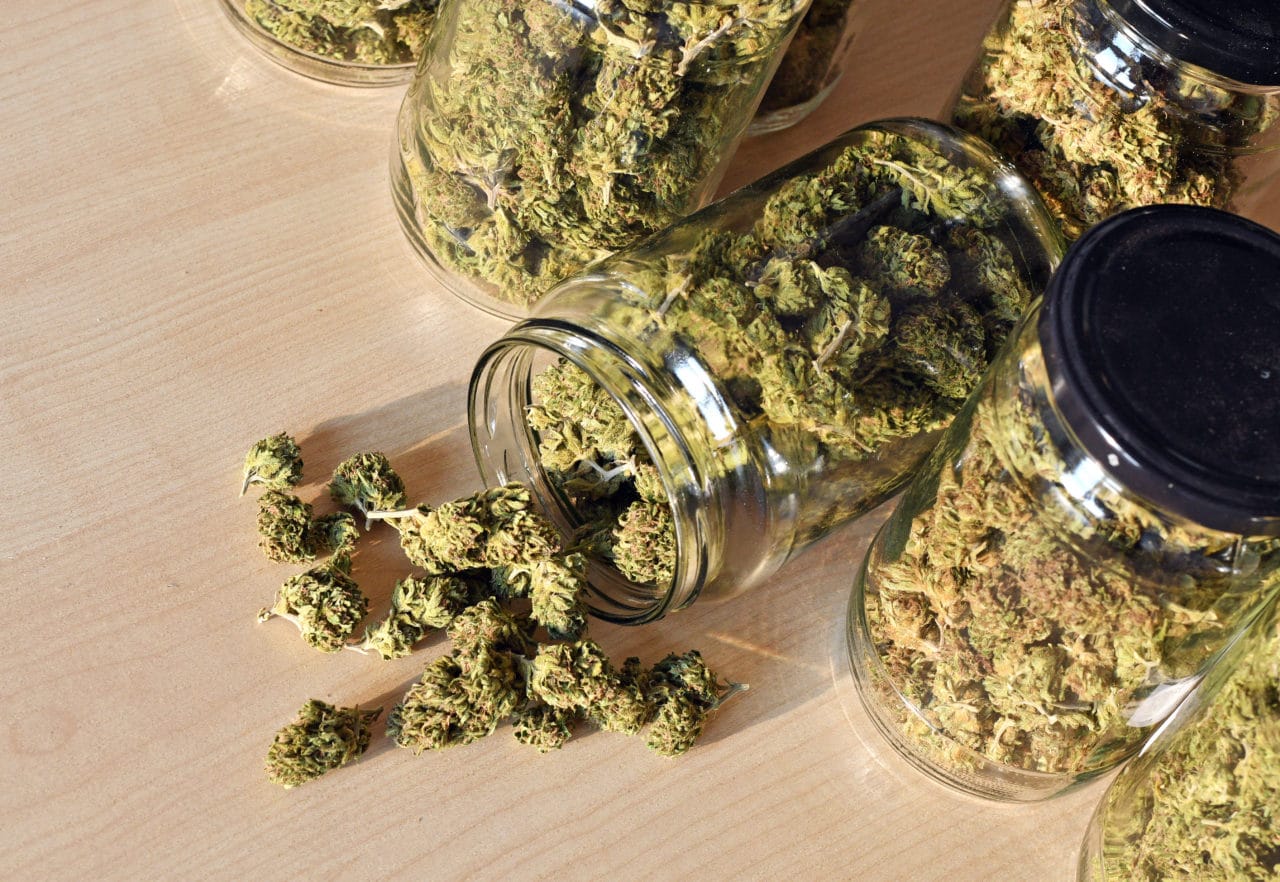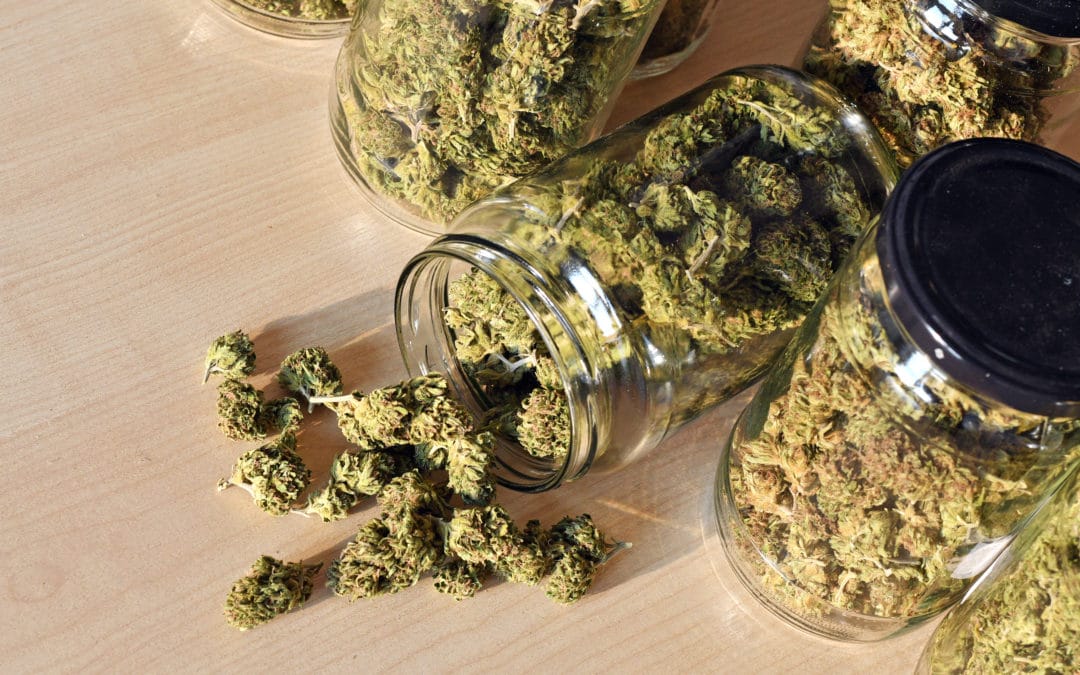
Multiple Sclerosis is a disease that harms the spinal cord and brain. Symptoms are different in severity and type, however, they typically include pain, spasms, balance issues, tingling, vision problems, etc… Research shows medical marijuana reduces the spasticity and pain coupled with multiple sclerosis while having few adverse effects on patients.
Multiple Sclerosis causes pain and muscle spasms and many struggle to find something that will give them relief. Could medical marijuana actually help with all the talk on the media about it? Could it be a possible option for you? Maybe.
Some people experience relief in the way they feel after using medical marijuana.
MS can cause numbness in different parts of your body, balance issues, and pain. People with MS can sometimes even experience “phantom feelings,” like tasting something that’s not on their tongue, smelling alcohol suddenly, or hearing noises that aren’t sounding.
Talking about MS and optional cures such as medical marijuana can be intimidating. People who aren’t adventurous with trying new things can find it difficult to take action in trying it.
If you have a severe case of MS it can cause symptoms daily. It can affect mobility, and losing vision.
Symptoms That Marijuana Treats
You’ll probably try other remedies and possible cures first or as an add on to your treatment.
Some studies show it treats MS symptoms such as:
- Uncontrolled muscle movements and stiffness. Medical marijuana might help calm spasms and allow a person to move more freely.
- Overactive bladder. Feel like you need to go the bathroom a lot? The plant can calm the spasms that give your frequent urge to urinate.
- Nerve pain. With less pain you’ll be able to sleep better.
Marijuana eases the pain however, it doesn’t act fast. It may take a few weeks for your body to learn how it’s going to react by this new chemical. Other studies claim cannabis can help:
- MS-related gastrointestinal issues
- The struggle with digestion
- Constipation.
- Cannabis’ anti-inflammatory properties can lower inflammation of the optic nerve.
In medical cannabis states, a person with a qualifying condition needs a physician’s recommendation to receive authorization to go to dispensaries and purchase cannabis products.
The process to get a card approval is not easy in most states, and requires gathering information and documents, clinical certifications, and administrative forms.
One study says medical cannabis would reduce chronic pain and nausea in people with MS. Most patients said it improved their condition, with 93.7 percent saying a big decrease a half year into treatment. Over half of the MS patients said their quality of living got better.
The MS foundation estimates that every week in America, 200 people will be diagnosed with multiple sclerosis (or as it’s more commonly called, MS).
Few conditions last as long and are progressively debilitating as MS, which causes damage to the spinal cord, brain, and harms the body’s immune system. MS is devastating.
What Causes Multiple Sclerosis and are There Treatment Options?
You can’t inherit or catch MS from another person. Right now, treatments for MS are poor. People with MS find themselves prescribed a ton of drugs that weren’t specifically developed for MS such as: Valium for anxiety, OxyContin and Percocet for pain, Ritalin to keep a person from nodding off, steroids, and antidepressants. Drugs for digestive and spasm problems. They sometimes prescribe more drugs to treat drug interactions.
These drugs cause severe side effects like seizures and are expensive. Even though insurance pays some, the co-pays can still be expensive. These drugs can cause one to become addicted to taking drugs and that can lead to drinking alcohol etc… The depression gets worse, and along comes suicidal ideation. There are 2 and a half million people living worldwide with MS.
Can Medical Cannabis be Used as Multiple Sclerosis Treatment?
MS is a progressive illness. Cannabis can help immediately. It doesn’t fix everything at once, but it removes a lot of oppression. MS can also help balance a person’s mood. Vaporizing strains can alleviate fatigue and give a person energy making them feel better. MS can even regress by taking cannabis. Cannabis can also remove numbness and help you to have feeling again.
Cannabis’ impact on disability and disability progression, spasticity, pain, bladder function, tremor/ataxia, quality of life, and adverse effects.
Cannabidiol (CBD) and tetrahydrocannabinol (THC) are the two main chemical components of cannabis. Studies are showing CBD has a number of beneficial pharmacological effects. It’s anti-oxidative, anti-inflammatory, anti-emetic, anti-psychotic, and neuroprotective.
Cannabis is legal in 30 states for the use of certain medical conditions including MS. Sixteen more states have allowed the medical use of CBD.
The most popular objections to using medical marijuana included limited scientific proof, uncertainty of legality, social stigma, potential addiction issues, and negative psychoactive effects. Most patients spend around $100 to $300 per month on medical marijuana. Improving affordability may enhance patient benefit.
Some people get apprehensive when it comes to trying medical marijuana because of fear of what others will think of them, fear of judgement, Fear of being made fun of, and fear of it not working. When in reality those people don’t matter anyway!
The route of administration and the dose influence the drug’s physical and psychotropic effects.
Nabiximols may get FDA approval soon
Nabiximols, a liquid extract of two strains of cloned Cannabis sativa, is made as an oromucosal spray containing cannabidiol (CBD) and tetrahydrocannabinol (THC) in a 1:1 ratio. CBD counteracts the psychoactive effects of THC which is the psychoactive chemical. Each spray of nabiximols contains 100 µL of cannabis, and the suggested maximum dose is 33.8 mg/day.
Nabiximols effectively reduces MS-related pain that otherwise resists pharmacologic intervention. Patients did not develop tolerance to nabiximols, and cessation of treatment was not associated with symptoms of withdrawal. In several clinical trials that included 930 patients who took nabiximols, 27.5% of patients who took the drug had dizziness, 13.1% had diarrhea, and 11% had fatigue. Less than 1% of patients had a cannabis high. Slow titration of the drug over 10 days helped to reduce the occurrence of serious adverse events.


